Letaba Camp
It is a relatively quick journey up to the Letaba rest camp, and once again I planned to drive the surrounding roads until check-in. The landscape changes dramatically as you near the fantastic camp of Olifants which is the Afrikaans name for an elephant. It becomes more mountainous, and vast stretches of Mopane forest make for more challenging game spotting. The Mopane tree when in full foliage creates a wall of green and gold that can hide a herd of elephants near the roadside with ease. This always makes for surprising encounters.
I was given a perimeter fence hut at Letaba and immediately took a walk along the fence that overlooked the vast Letaba River, which means ‘river of sand’ in the local Sotho language. There were loads of wildlife around the vast sandy riverbed, and it was great just to sit on a bench overlooking the spectacle and watch Africa move at her own pace.

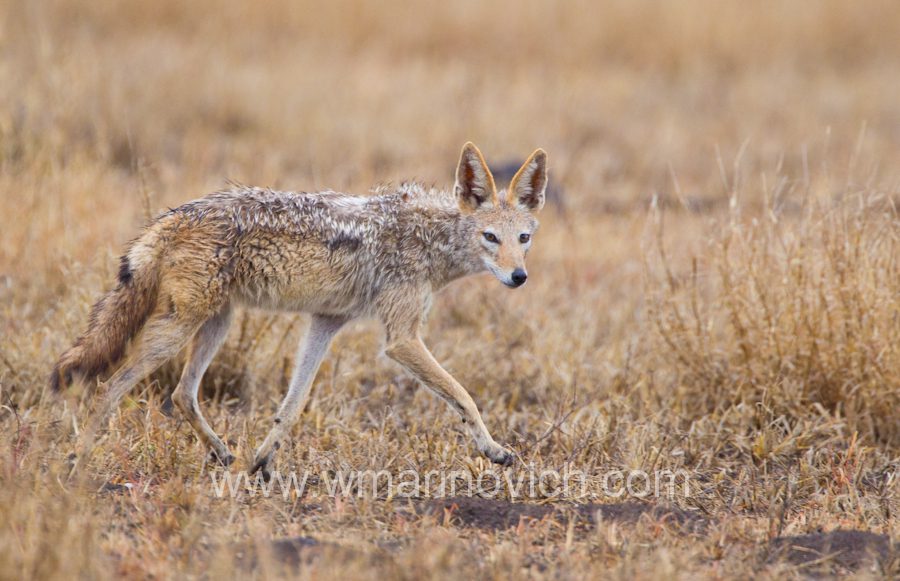
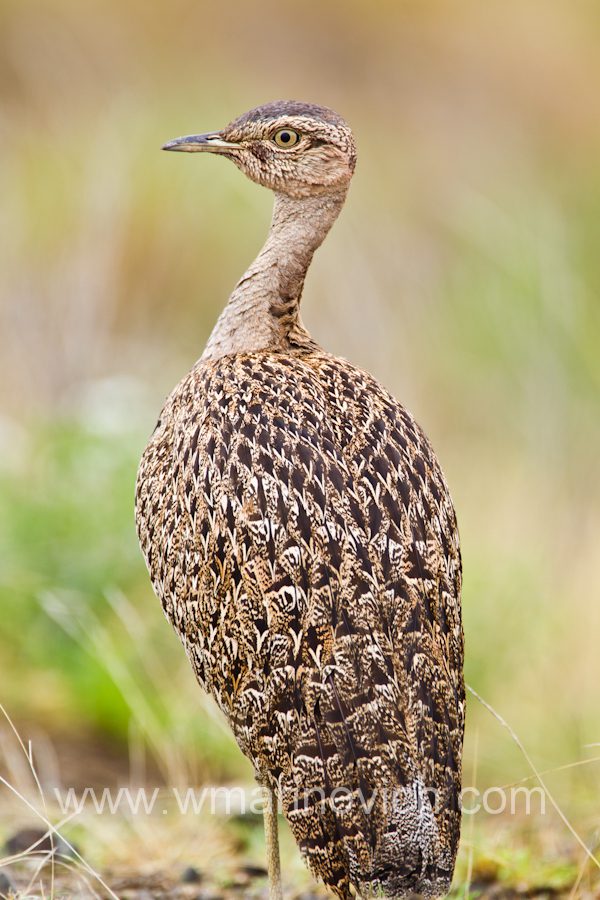
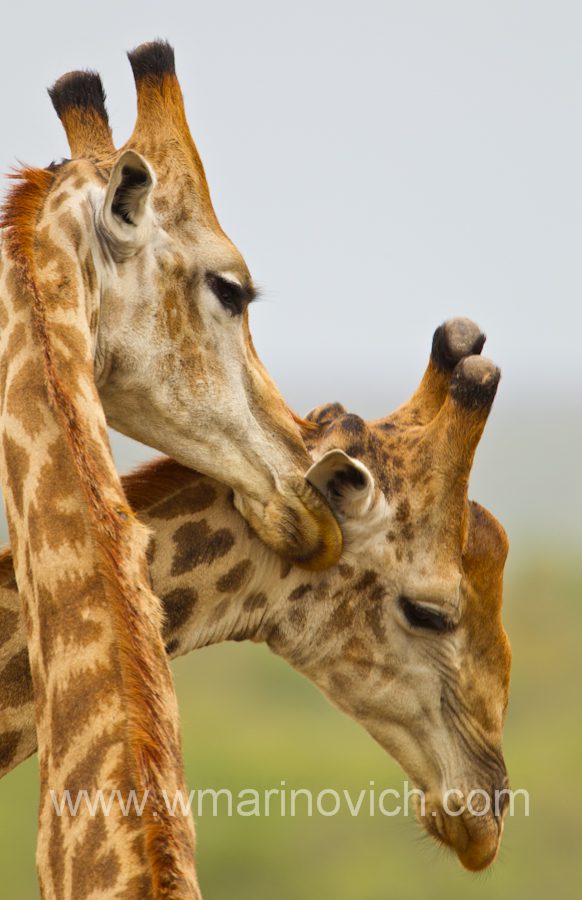
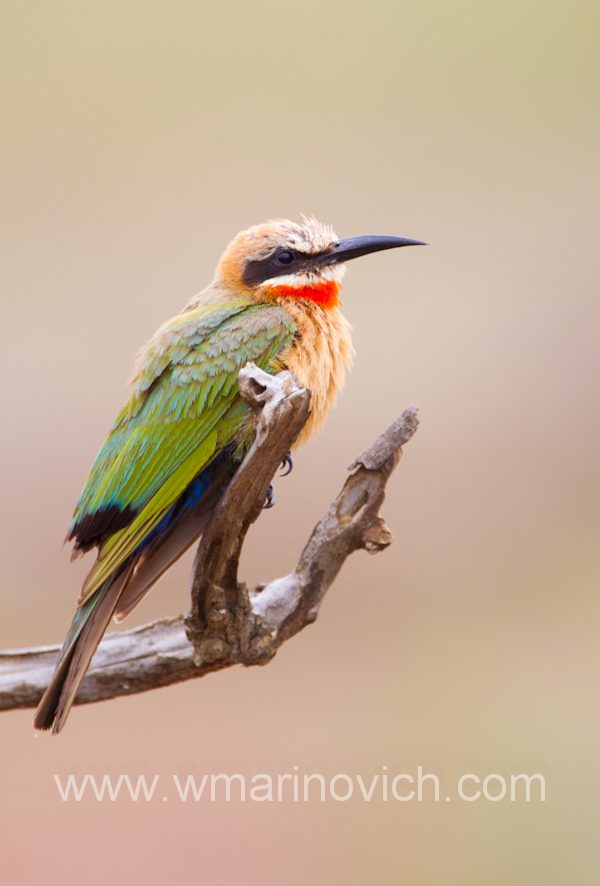
Hyena Dawn
Early the following morning I had my sixth straight sighting of Hyena, that’s right, the first sighting every day for six days in a row was a hyena. Of course, at 04h30, it is still all but night and I didn’t get a shot off on any of the sightings. Later the same day, I came across two adolescent hyena cubs that were playing alongside the road. They were waiting for mom and an hour later when the regal lady arrived, they lay down to suckle.
I spent a fair amount of time at the Matambeni hide, which overlooks a mass of squabbling hippos and sunbathing crocodiles. It was at this hide that a young boomslang fell out of a large tree and landed in a small bush in front of the hide. I managed to get a few shots off before it slithered away from the consternation it had caused in the hide. Kruger’s hides can be wonderful places until the Jeep Jockeys arrive with their tourists. After that, I leave as the noise and jostling, spoils the atmosphere and resembles the January Harrods sale.
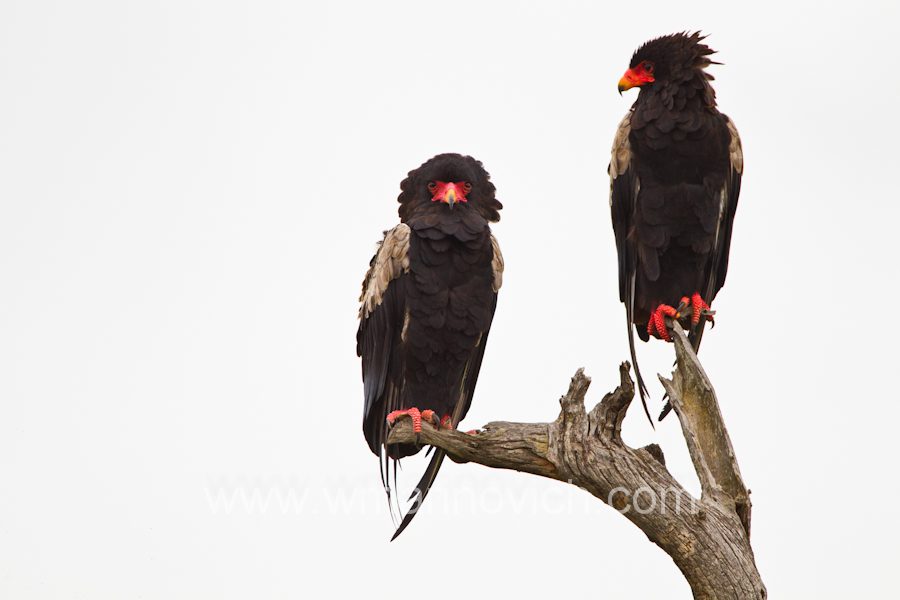
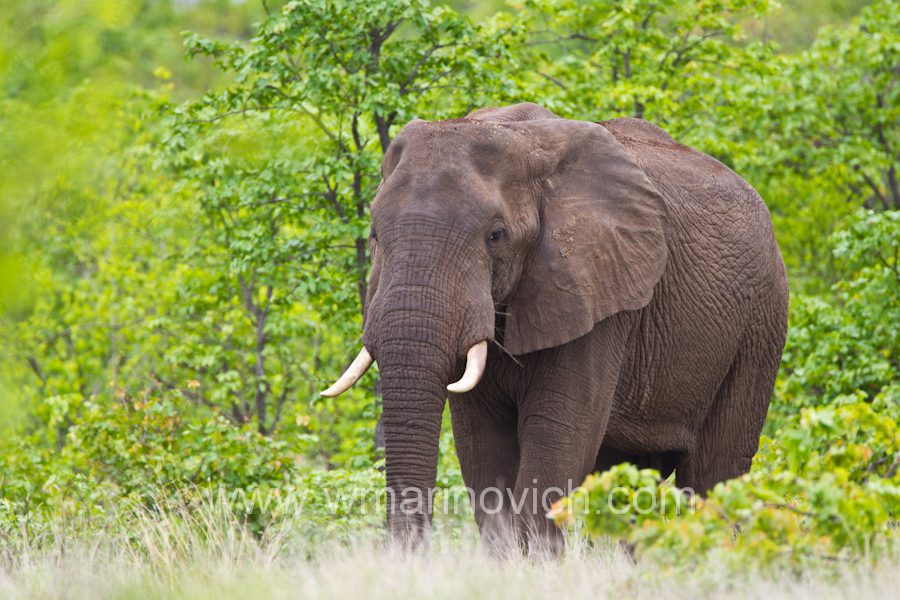
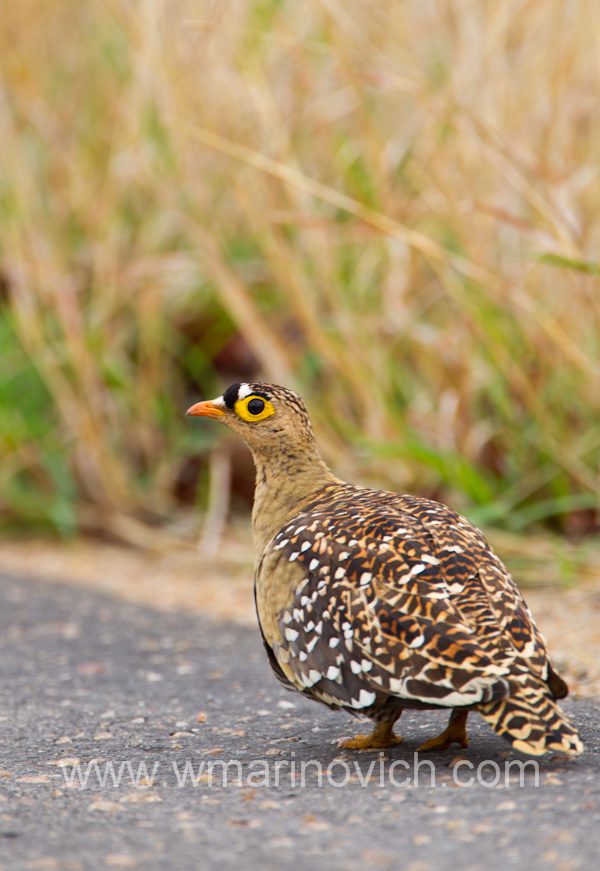
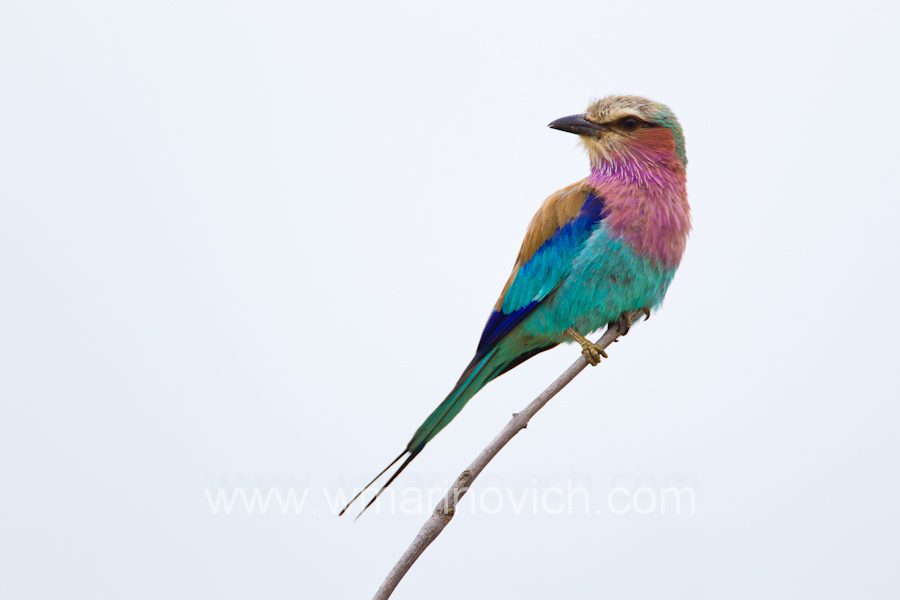
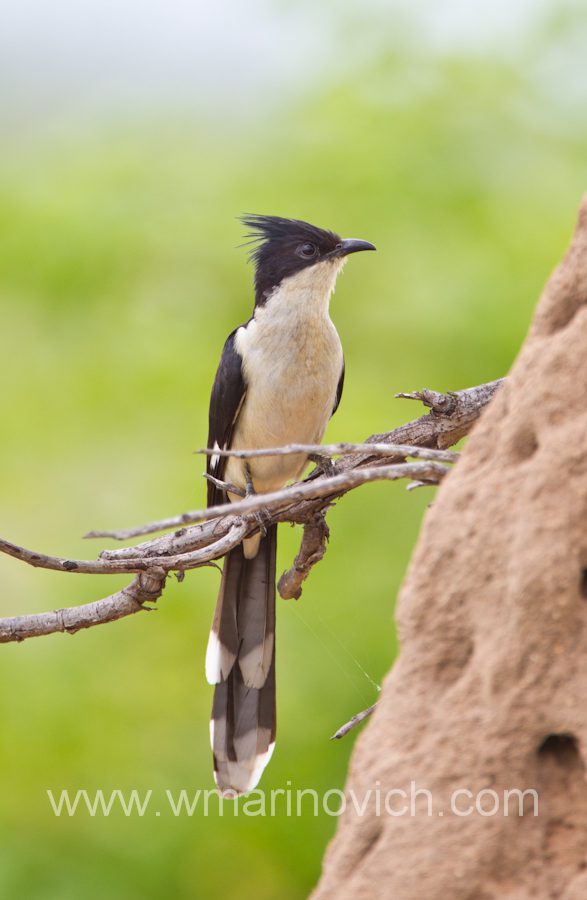
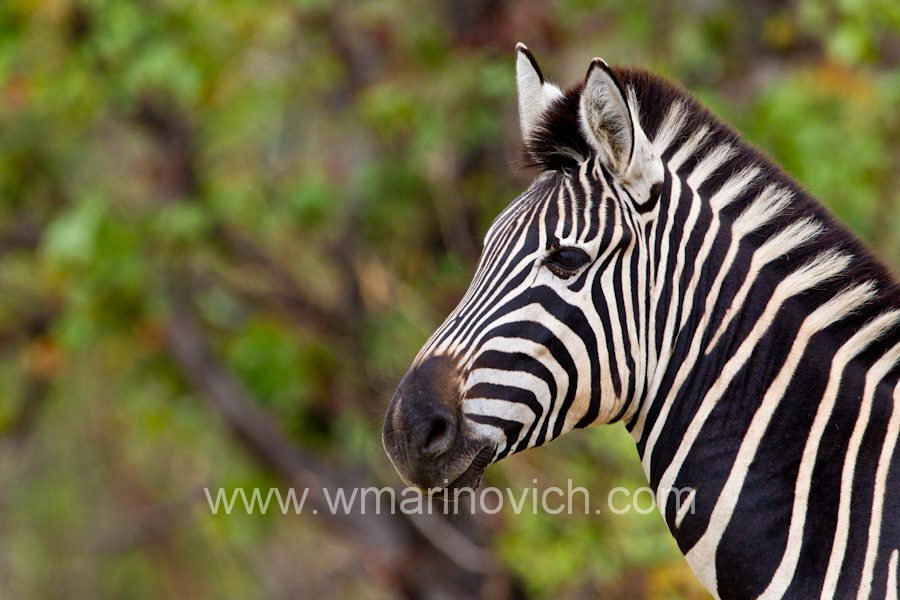
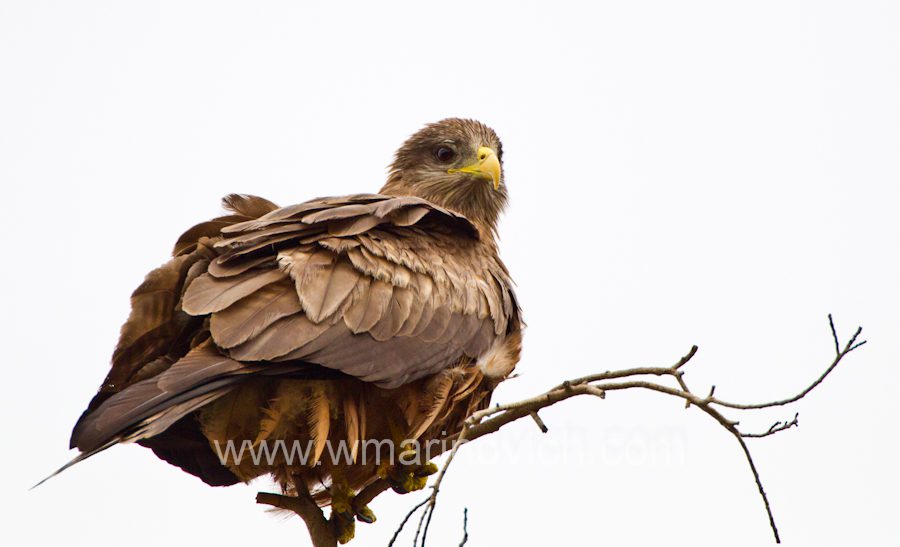
Small Encounters
The bird photography in the Northern region is fantastic as some of the equatorial migrants wander south of their published ranges. I managed to get decent photos of various hornbills, starlings and cuckoo which I’ve never seen before. My favourite encounter was a solitary Dwarf mongoose, which fooled me with an alarm call I have never heard before. I turned the car around and headed back to see what it was. I could hear it but could not see a damn thing.
Then, the faintest of movements drew my eyes to a little creature hiding in a toppled old tree stump. I would not have stopped had I not heard the call, and would not have seen it had it not moved its head. That’s the single most important tip I can give people when self-driving Kruger – Drive slow with your windows down. I got a few shots off before it disappeared. These social creatures, like all mongooses and meerkats, move about in gangs. This one was alone, and I couldn’t help but wonder why.
The thought didn’t linger for long as the sun suddenly came out and the temperature went from 25°c to 35° in a matter of minutes. It was time for some well-lit photographs, but then luck would have it I ended up not having any decent sightings for the rest of the afternoon.
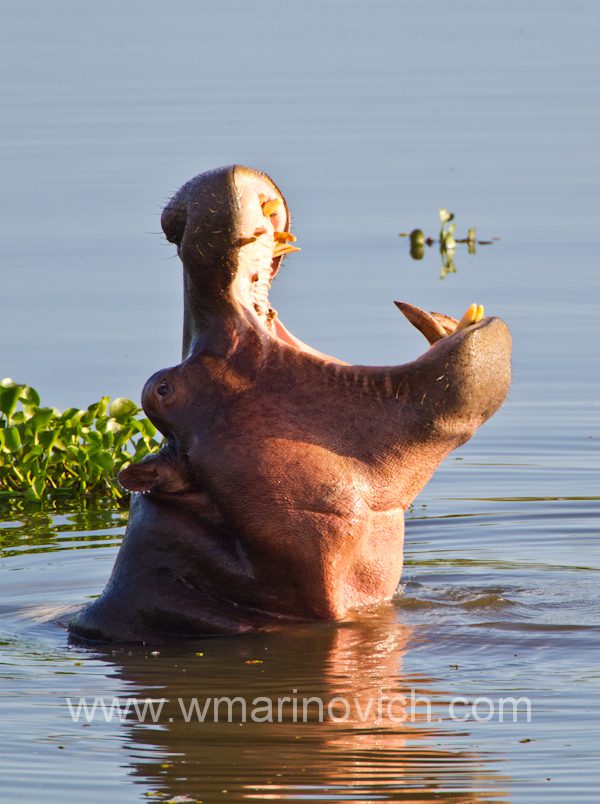

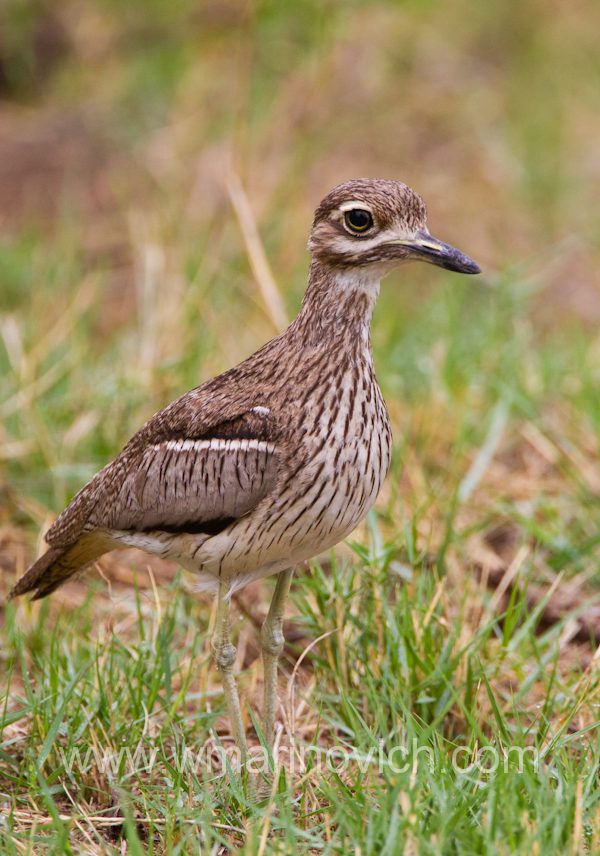
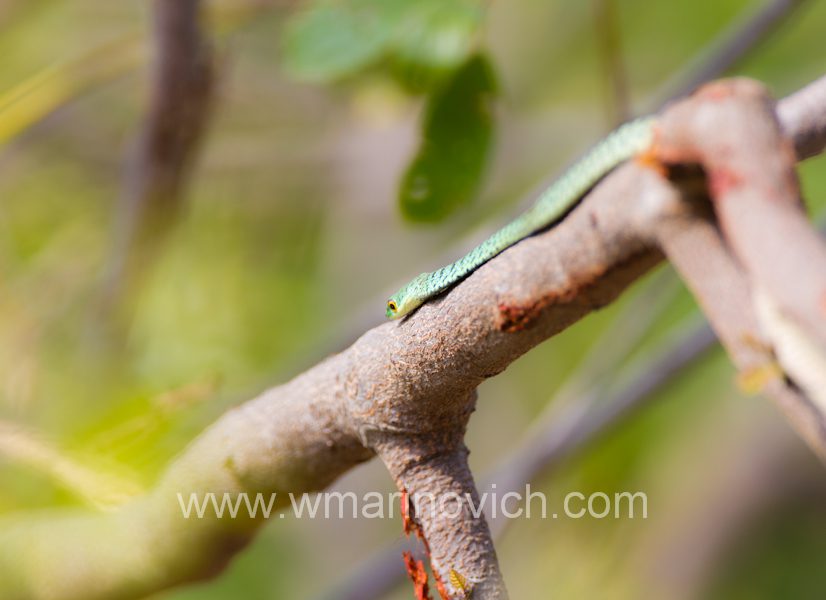
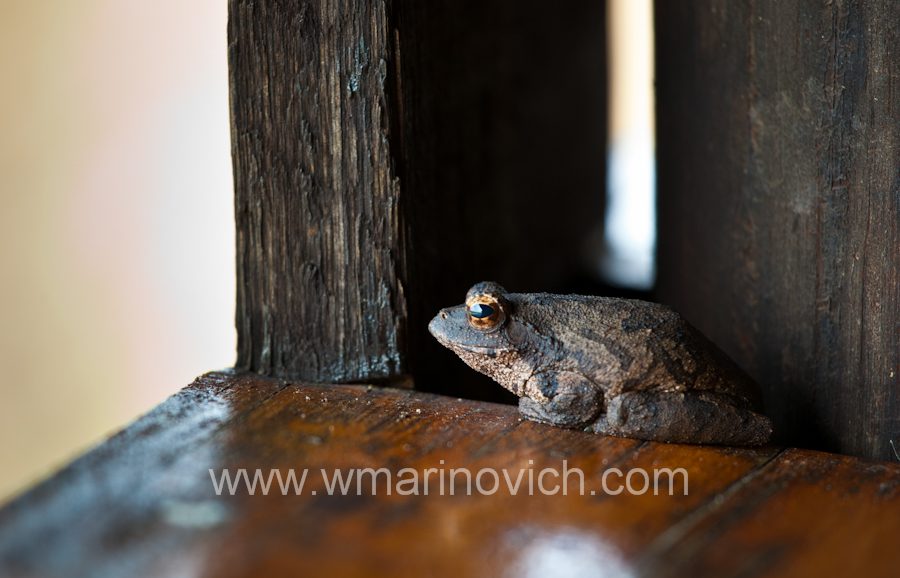
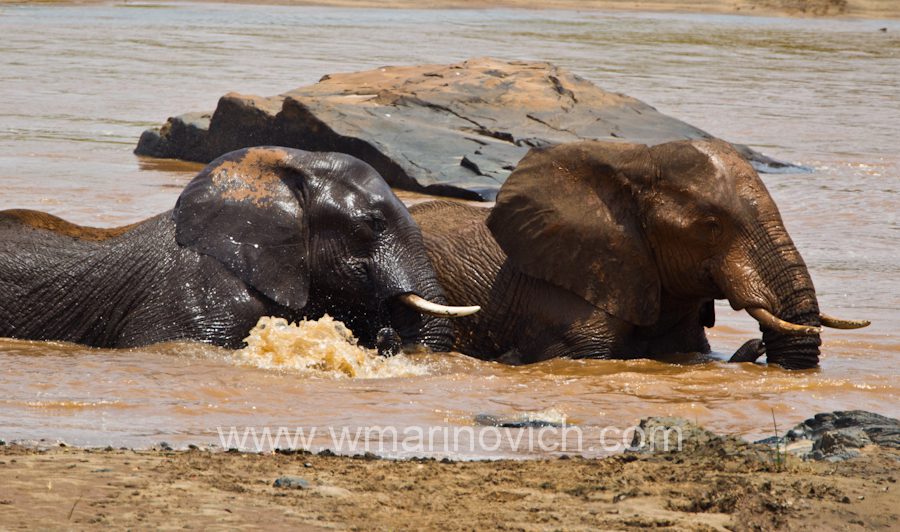
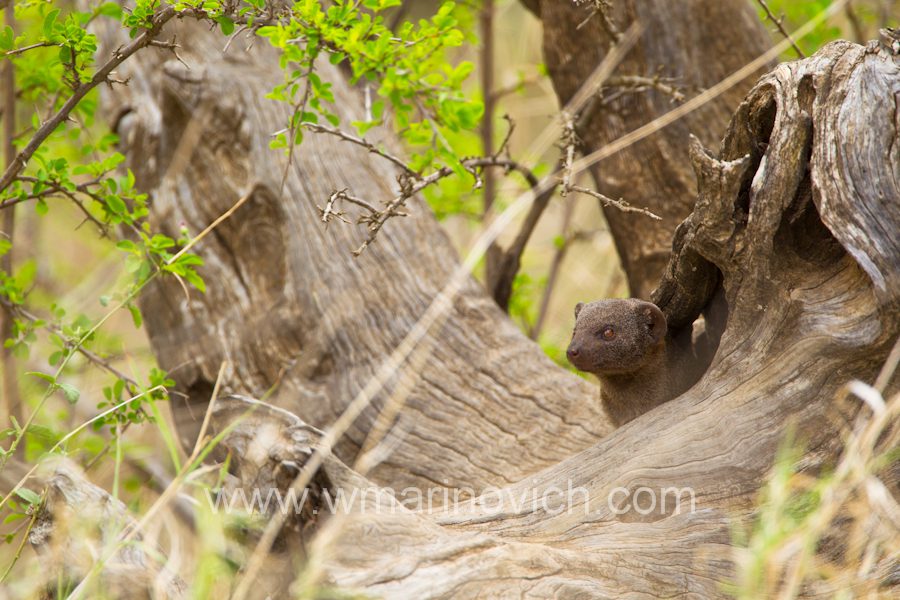
Time to head home
My last day came and went, and before I knew it, I had to hustle to get to Pretoria for a family lunch. I generally don’t travel to and from the park with my camera kit sitting on the seat next to me. This time I did, and it paid off as I came across a wonderful Long-crested Eagle near Tzaneen sitting on a telephone pole. I managed to get some good shots before it flew off. I’ve seen this majestic bird a few times before but never had the photo opportunity. What a way to end the trip. I will probably skip Kruger next year as I want to head to the Kgalagadi Transfrontier Park for a three-week trip to chase the wonderful raptors and predators that call it home.
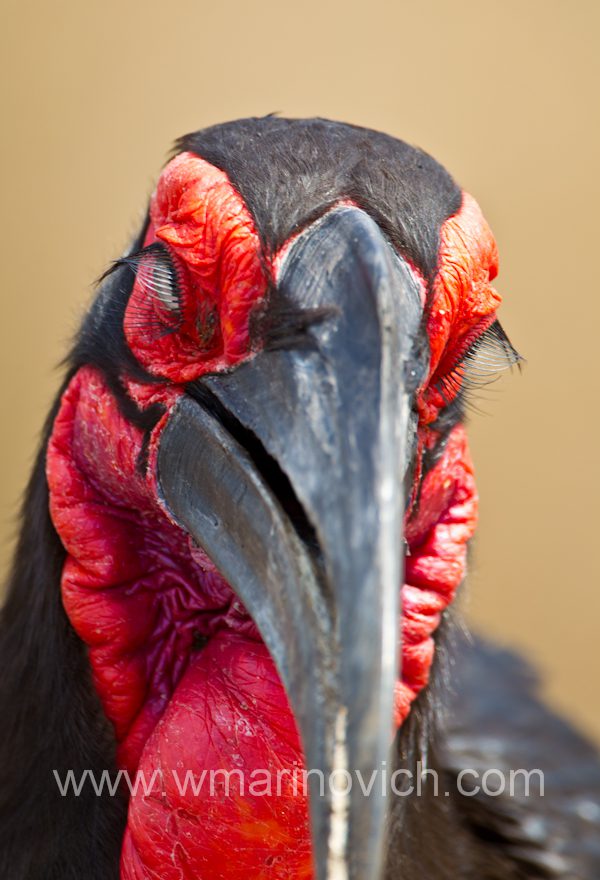
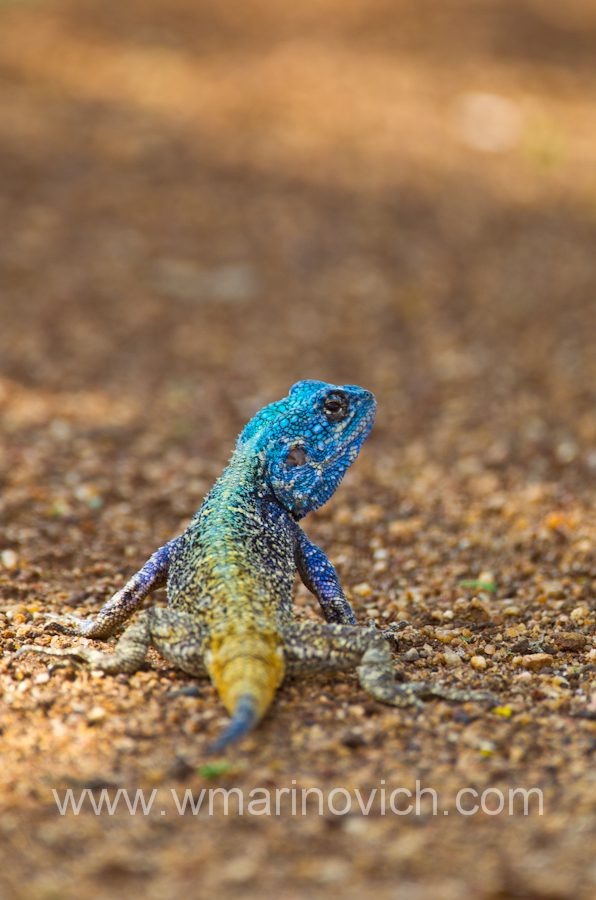
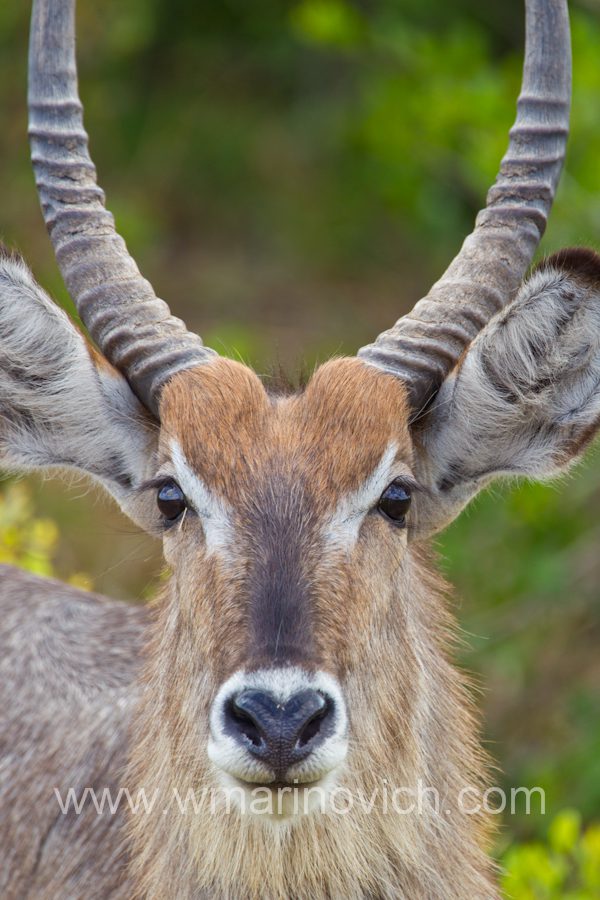
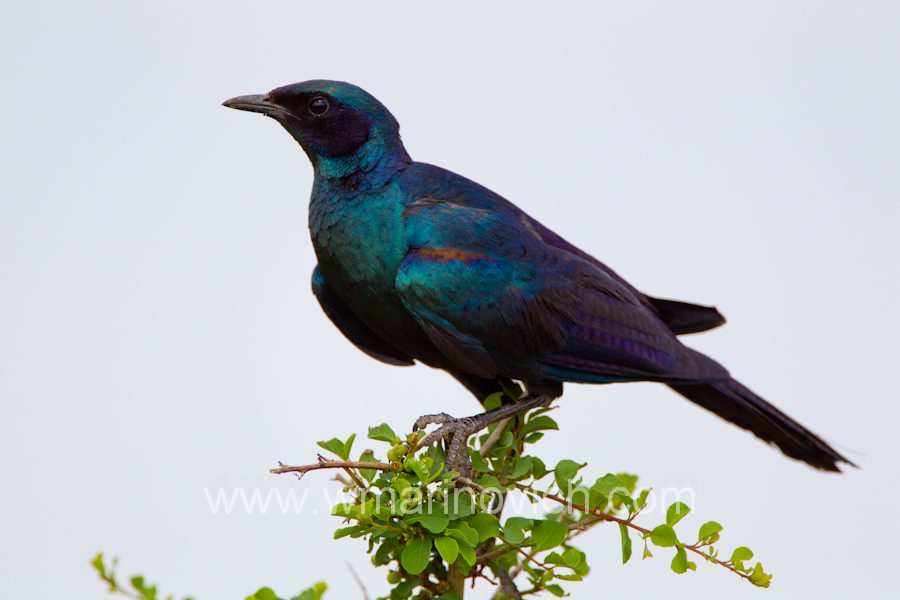
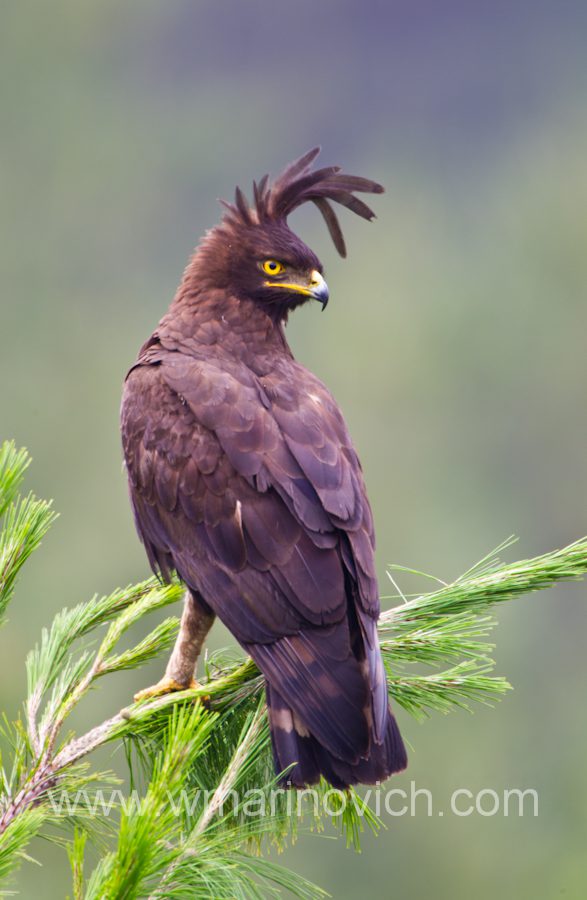
Key places visited:
Matambeni Hide; Sable overnight hide, Shipandani bird hide.
Main sightings:
Birds:
Red-backed Shrike, Fish eagle, Bataleur Eagle, Long-crested Eagle, Little Bee-eater,
Mammals:
Hippo, African Crocodile, Hyena,
Other:
Giant African Snail
Lessons learnt:
- Don’t drive straight to Kruger from the airport.
- Tough photography in November due to abundant water and food. This resulted in the animals vanishing back into the depths of the bush.
- It is possible to eat too much biltong (dried meat) and dried fruit.
In case you missed them:
Part 1 – Lower Sabie Rest Camp and Part 2 – Satara Rest Camp
Please click on the Subscribe button if you want to receive my newsletter. Click below for photographs, print sales and photographic news + a free sign-up gift.










[…] photo was taken about two kilometres north of the Letaba Rest Camp during my extended trip to the Kruger National Park. The camp gates opened at 6 am, and this was […]
[…] CLICK HERE to go too Part 3 – Letaba and Olifants rest camps […]